11 GPTs for Heart Health Powered by AI for Free of 2025
AI GPTs for Heart Health are advanced generative pre-trained transformers designed to provide tailored solutions for heart health-related tasks and topics. By leveraging AI, these tools can process and analyze vast amounts of data, offering insights, recommendations, and support for both patients and healthcare professionals. They are particularly relevant in personalizing patient care, aiding in diagnosis, and facilitating research in cardiology, illustrating the potential of GPTs to revolutionize the heart health domain.
Top 10 GPTs for Heart Health are: ECG Reader,Cholesterol Guide,学校心臓健診ガイドライン2016,Cholesterol Checker,Mediterranean Diet,The Mediterranean Diet : Sun-Kissed Health,❤️ Heart Health Navigator GPT,Mediterranean Diet,Lipid-lowering diet,Cardiovascular
ECG Reader
Simplifying ECG Analysis with AI
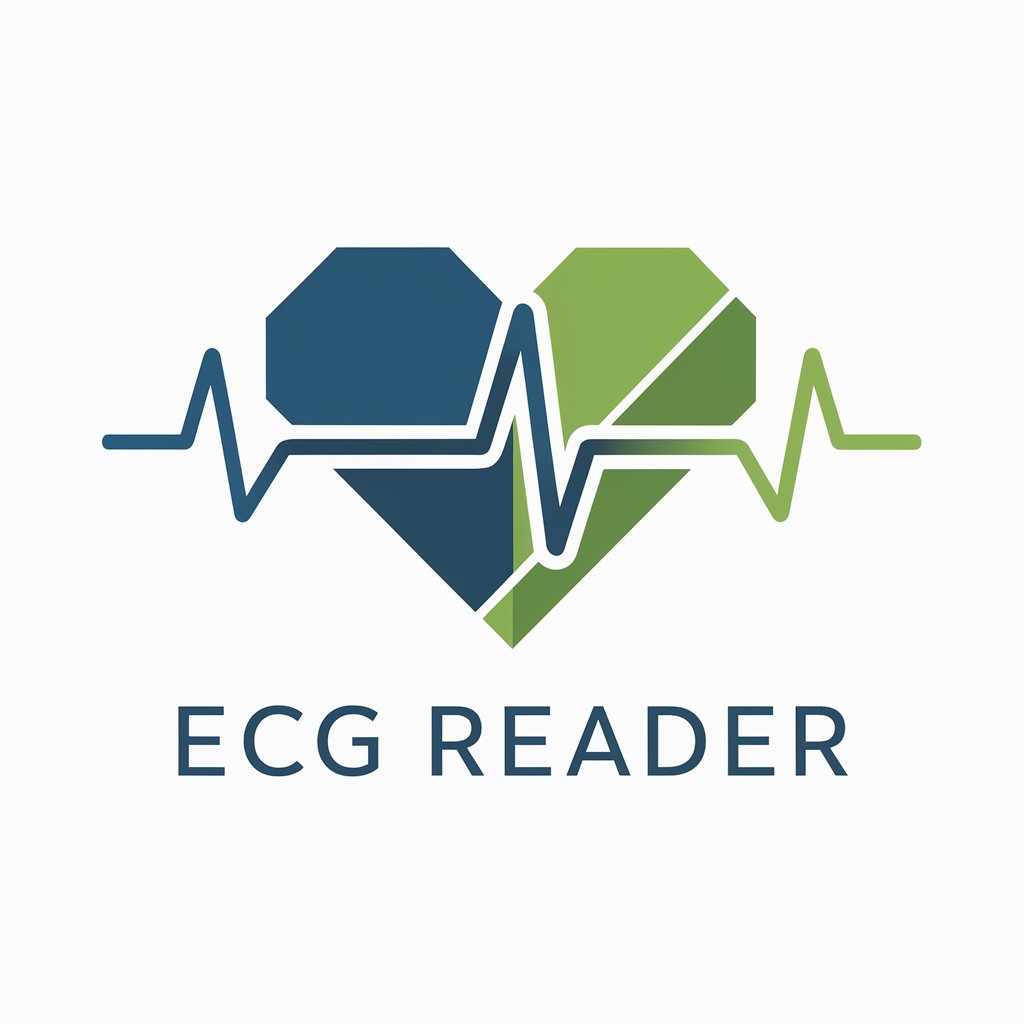
Cholesterol Guide
Tailoring Diet for Heart Health

学校心臓健診ガイドライン2016
AI-powered heart disease detection and management in schools.

Cholesterol Checker
AI-Powered Cholesterol Guidance
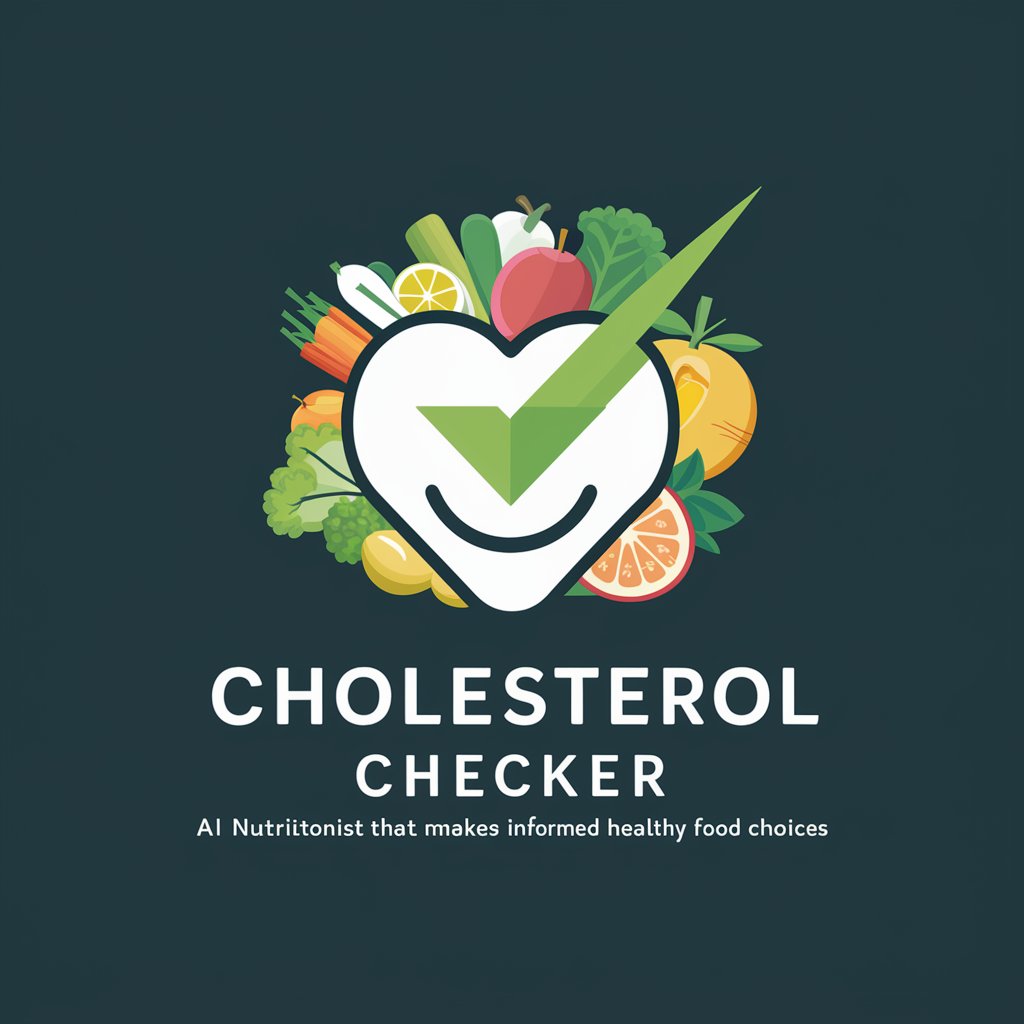
Mediterranean Diet
Eat Well, Live Well: Discover the Mediterranean Way
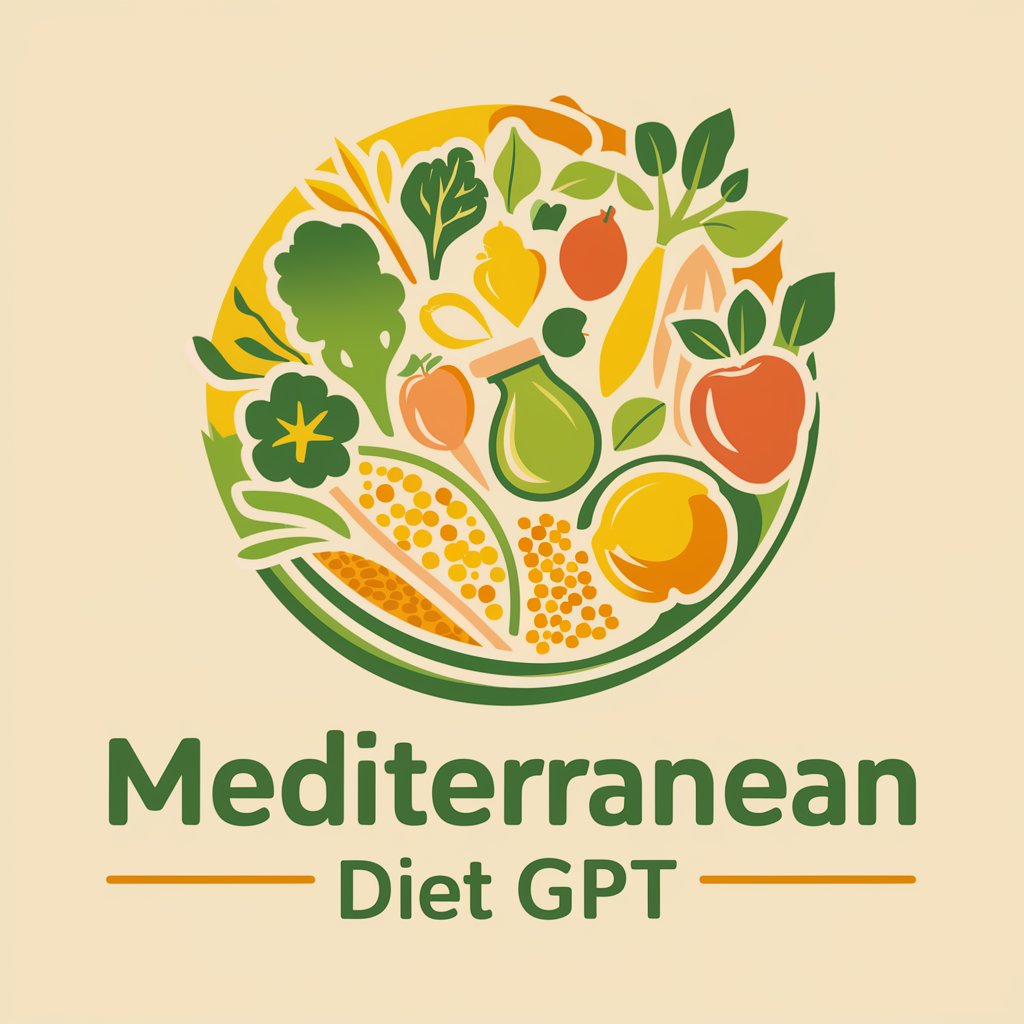
The Mediterranean Diet : Sun-Kissed Health
Nourish Your Life with Sun-Kissed Health

❤️ Heart Health Navigator GPT
Empowering heart health with AI
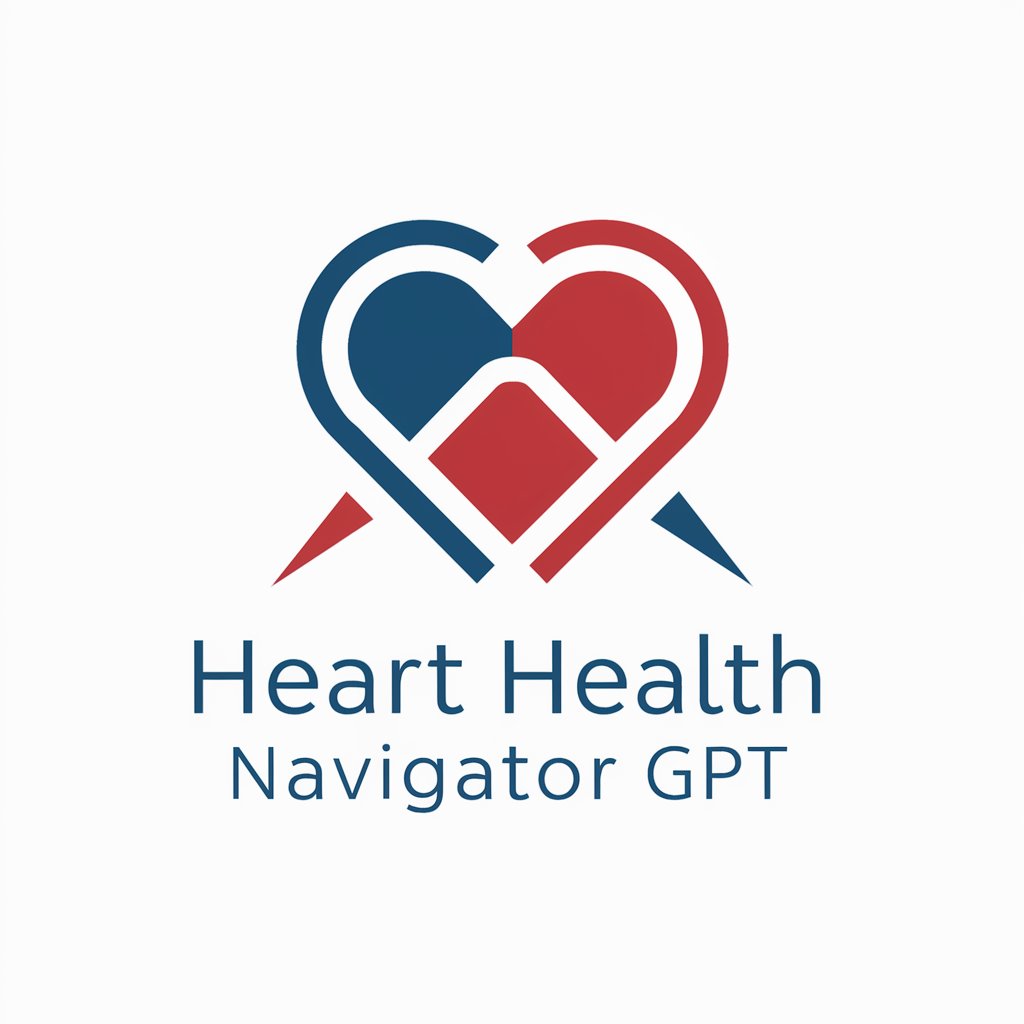
Mediterranean Diet
Discover Health with AI-Powered Mediterranean Insights

Lipid-lowering diet
Tailoring Nutrition for Heart Health

Cardiovascular
Empowering Heart Health with AI
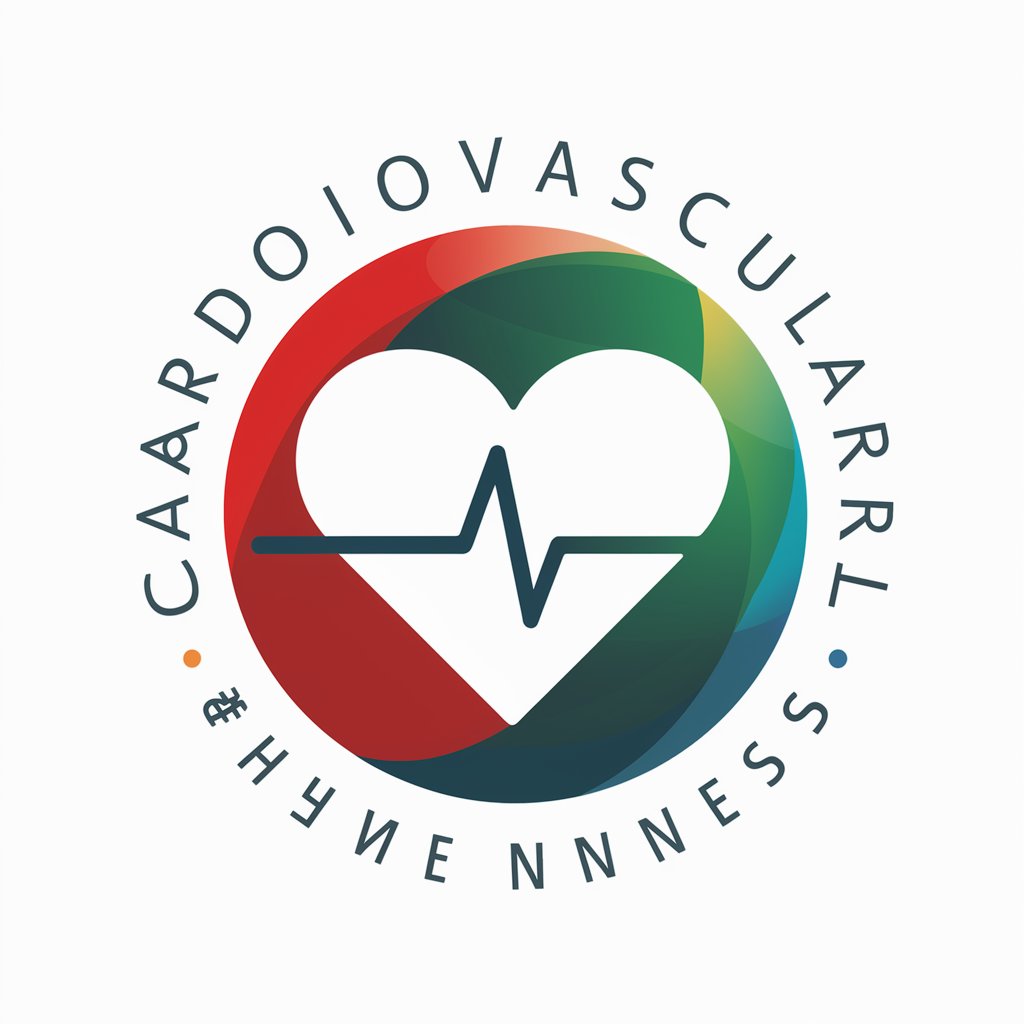
Dr. Heart
Empowering Heart Health with AI
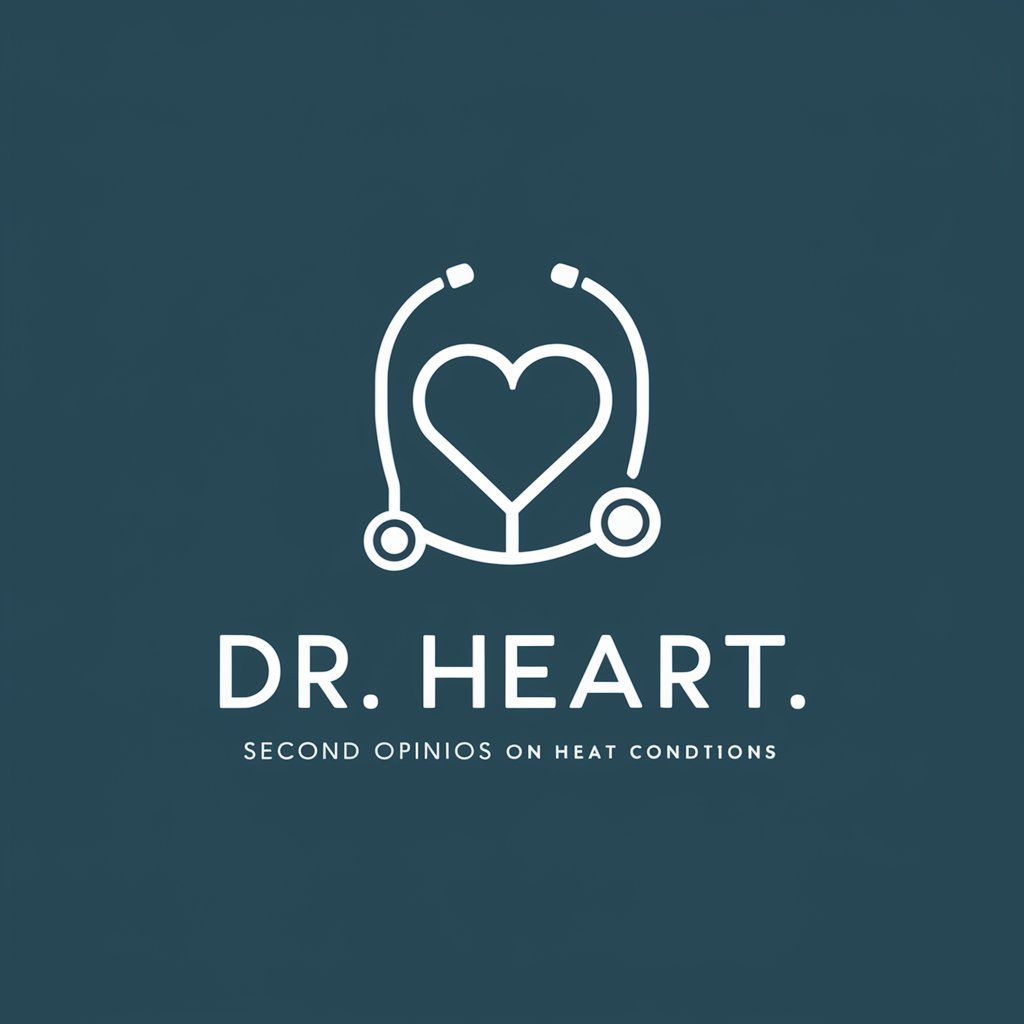
Key Attributes of Heart Health AI Tools
These GPTs exhibit unique characteristics like adaptive learning, where they can evolve from handling basic inquiries to performing complex data analyses specific to heart health. Features include language comprehension for patient interaction, technical support for medical professionals, web searching for the latest research, image creation for educational purposes, and sophisticated data analysis capabilities for predictive modeling. Their versatility and depth in processing heart health-related information set them apart.
Who Benefits from Heart Health AI Innovations
AI GPTs for Heart Health cater to a broad audience, including healthcare novices seeking information, medical professionals requiring advanced analysis, and developers building heart health applications. They offer an intuitive interface for users without coding skills, while also providing extensive customization options for tech-savvy users and professionals, making these tools accessible and beneficial across various expertise levels.
Try Our other AI GPTs tools for Free
Preventive Medicine
Discover how AI GPTs are revolutionizing Preventive Medicine with personalized health insights, predictive analytics, and seamless integration capabilities for healthcare professionals and individuals.
Formal Writing
Discover AI GPTs for Formal Writing: advanced tools designed to elevate your formal documents through tailored language generation, adaptable to various styles and sectors.
News Commentary
Discover how AI GPTs transform news commentary with tailored analysis and content creation, making it easier to engage with and understand current events.
Mindset Shift
Explore AI GPTs for Mindset Shift: tailor-made tools designed to foster personal growth, enhance mental well-being, and inspire positive life changes through advanced AI technology.
Optimism Boost
Discover AI GPTs for Optimism Boost, tools designed to enhance your positivity and mental outlook through personalized, AI-powered interactions.
Technical Documents
Discover the power of AI GPTs in revolutionizing technical documentation, offering precision, efficiency, and adaptability in creating and managing technical content.
Expanding Horizons with Customized Heart Health Solutions
AI GPTs for Heart Health exemplify the potential of customized AI solutions across different sectors, offering user-friendly interfaces and seamless integration with existing systems. Their adaptability and the ability to process complex heart health data empower users to make informed decisions and foster innovation in healthcare.
Frequently Asked Questions
What are AI GPTs for Heart Health?
AI GPTs for Heart Health are specialized AI tools designed to support, analyze, and provide insights into heart health, utilizing advanced machine learning to tailor solutions for individuals and healthcare professionals.
How do these AI tools help in heart health management?
They assist in diagnosing, monitoring, and predicting heart health issues by analyzing data, offering personalized care recommendations, and providing access to the latest research and information.
Can non-technical users easily interact with these AI tools?
Yes, these tools are designed with user-friendly interfaces that require no coding skills, making them accessible to a wide range of users interested in heart health.
What customization options are available for developers?
Developers can access APIs and programming interfaces to build or integrate custom solutions for specific heart health applications, allowing for extensive customization and functionality.
How do these tools incorporate the latest heart health research?
Through web searching capabilities and constant updates, AI GPTs for Heart Health stay informed on the latest studies and medical guidelines, integrating current knowledge into their analyses and recommendations.
Are AI GPTs capable of image creation for educational purposes?
Yes, they can generate informative images and diagrams to help explain complex heart health concepts, aiding in education and patient understanding.
What technical support is available for these AI tools?
Technical support ranges from online documentation and tutorials to community forums and dedicated support teams, ensuring users can effectively utilize the tools.
Can these AI tools predict heart health issues?
Yes, by analyzing data trends and patterns, they can predict potential heart health risks, enabling proactive measures and personalized care plans.